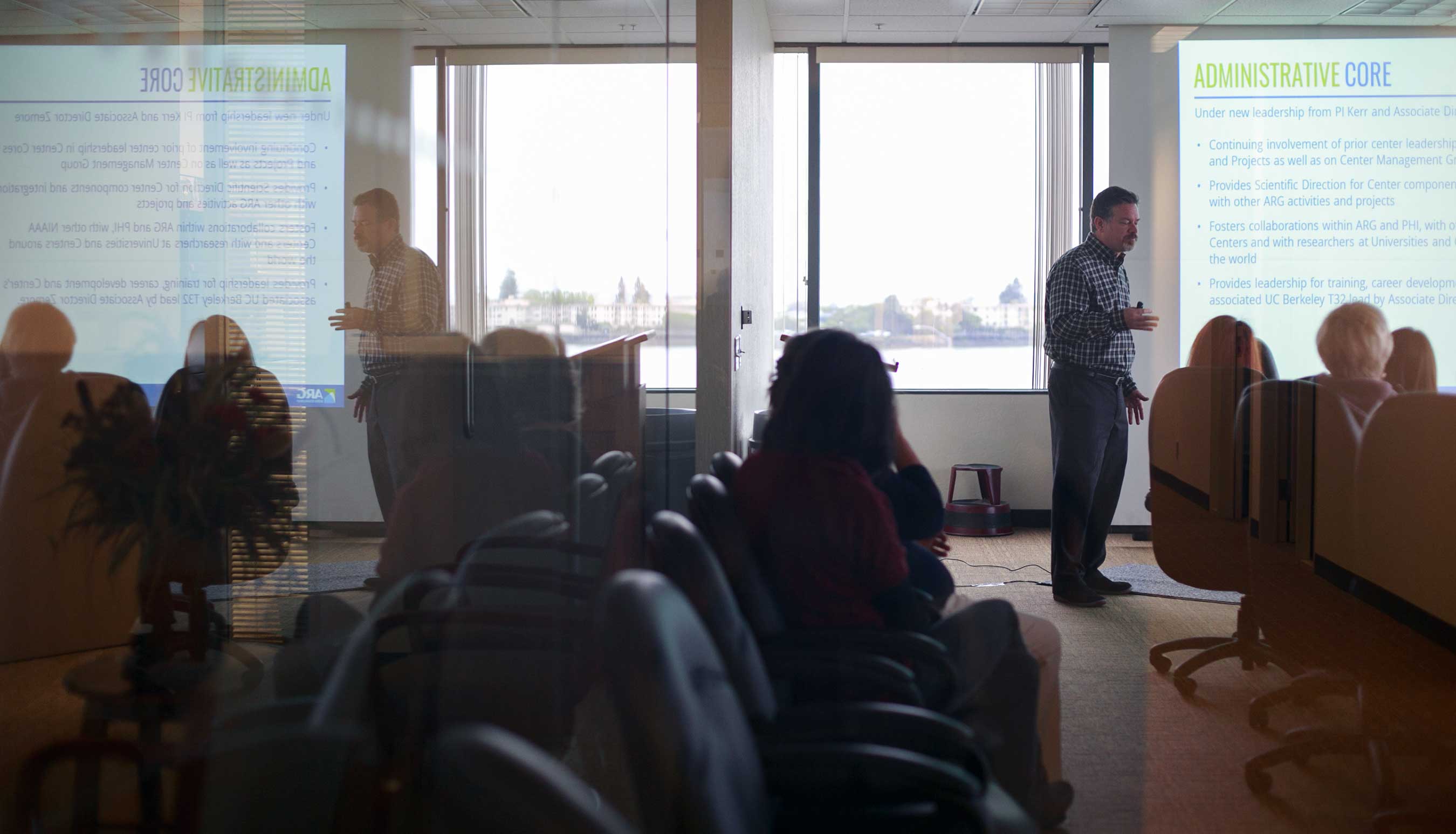 MISSION
MISSION
ARG’s mission is to improve public health through deepening our understanding of alcohol and other drug use and investigating innovative approaches to reduce its consequences for individuals, families, and communities.
VISION
We envision a future with greatly reduced alcohol- and other drug-related harms.
VALUES
We believe health is a human right and that all people have a right to live healthy and productive lives.
We believe in building and maintaining a strong knowledge base and contributing to the greater scientific community.
We believe in conducting and disseminating rigorous, transparent research to inform policy, intervention, and community and individual decision-making.
We believe in training the next generation to become leaders in alcohol epidemiology and health disparities research.
GOALS
- Conduct critically-needed research in epidemiology of alcohol and drug use, and related health services and health policy in both the general population and subgroups experiencing, or at risk of, health disparities;
- Advance research methods and measurement for testing key hypotheses about alcohol and drug intake at the individual and contextual levels;
- Analyze and evaluate the development and effects of alcohol- and drug-related policies and state, county, and municipal regulations;
- Develop and test interventions to demonstrate the feasibility, efficacy, effectiveness, cost effectiveness, and implementation of strategies to prevent and promote recovery from alcohol and drug misuse;
- Conduct health services research and intervention trials to determine effectiveness of preventive approaches, treatment options, and best clinical practices for reducing the burden of alcohol and drug problems;
- Use innovative approaches to conduct representative community, national, and international surveys to analyze trends over time and across geographic areas in alcohol and drug use patterns and problems, including mortality and secondhand harms;
- Disseminate research findings to policy makers, health care providers, public health and prevention specialists, educators, and the public; and
- Train a new generation of innovative researchers, enhance and promote the career development of scientific staff, and foster a creative environment rich in opportunities and resources for growth and learning.
